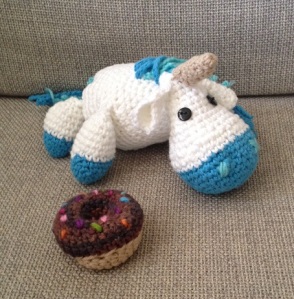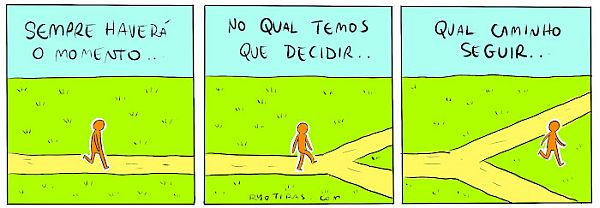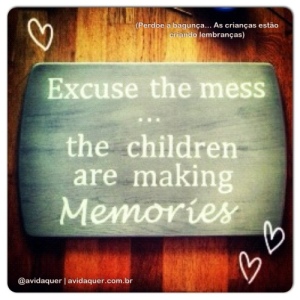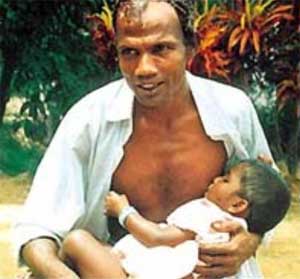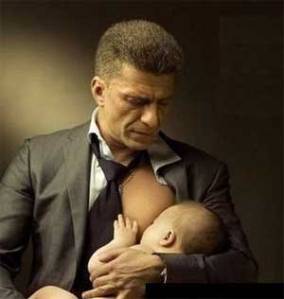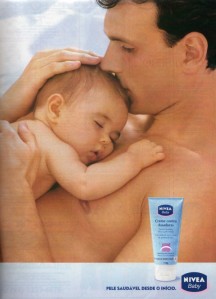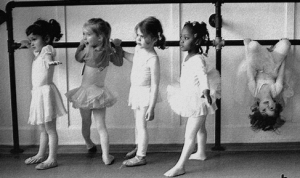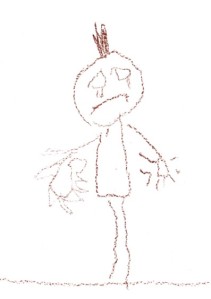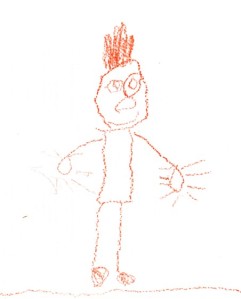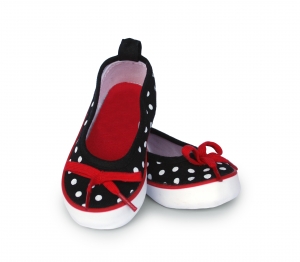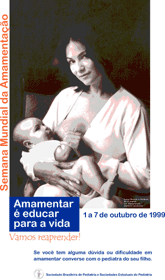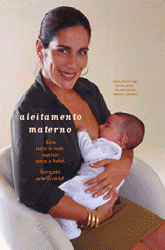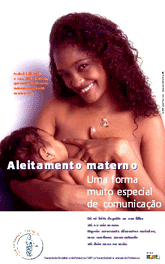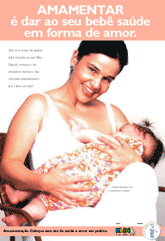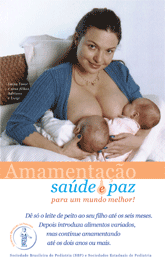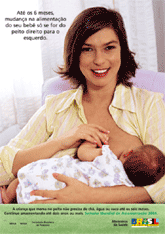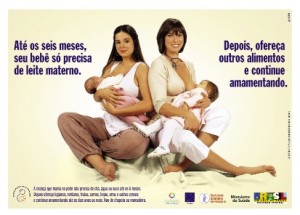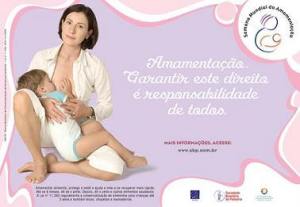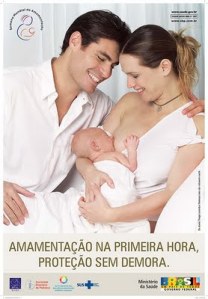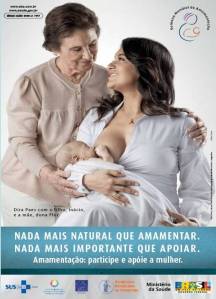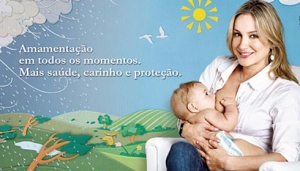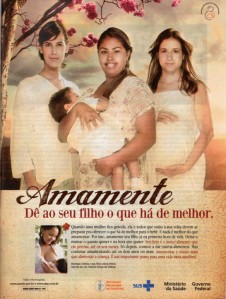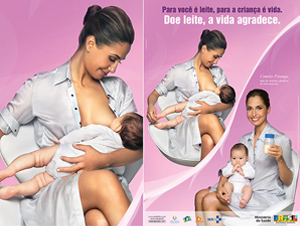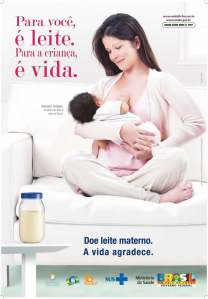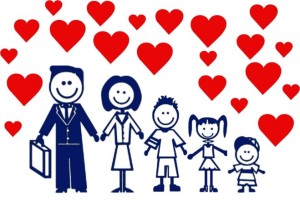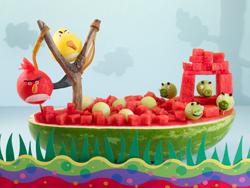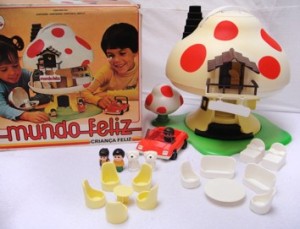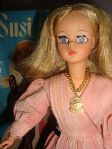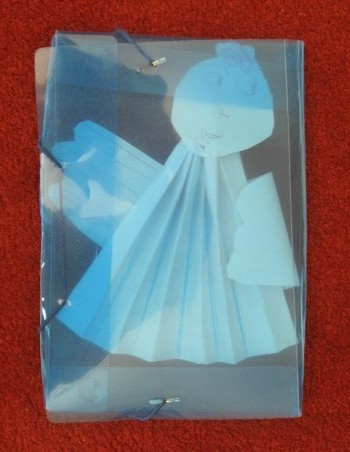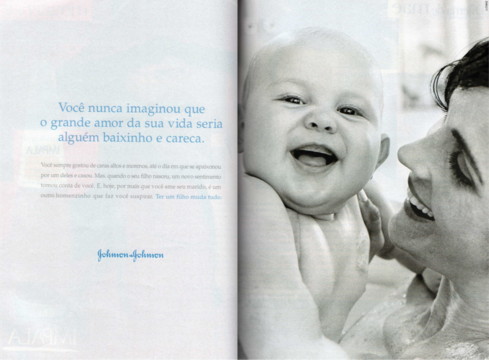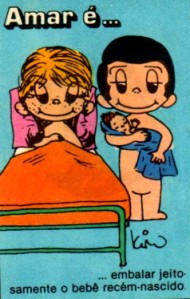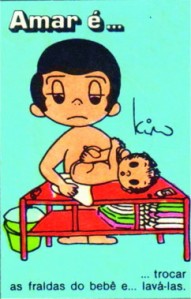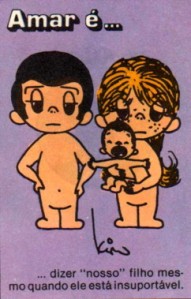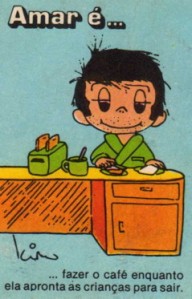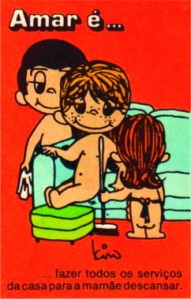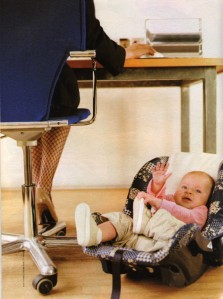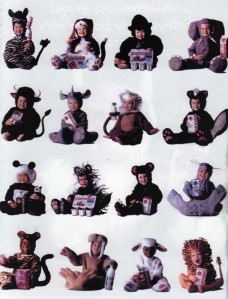Complicated pregnancies, complex postpartum periods – these things don’t make me a better mother.
The immense challenge and privilege of breastfeeding my children until they wanted to: that’s not what really matters.
As well as the number of breastfeedings, liters of expressed milk donated to the Breast Milk Bank (an institution that exists in Brazil), sleepless nights.
It doesn’t matter how many times I change diapers; clean piss, poop, vomit; blow noses, cut nails, brush teeth.
Nor the number of hours spent waiting in the office supply store queues; filling labels, identifying school materials; sewing dozens of pants and shorts hems. And, “whatever” if, in the next year, I decide to send those to a seamstress.
The same about the negotiated and compensated hours at work, in order to participate in parent-teacher meetings. Or when I didn’t do something for myself, cancellations, postponements.
Even candies that I forbid or I allow. Fruits and vegetables carefully chosen at the supermarket or milk in feeding bottles and pre-made baby food by Nestlé.
Comings and goings, from here to there: doctor, dentist, vaccination, speech therapist, fitness club, piano classes, school.
Events planned in detail, meant to be fun, that ended annoying.
Never-ending arguments, scoldings, timeouts.
Fevers, diseases or serious syndromes, feelings of powerlessness.
Weariness, discouragement, distemper, doubt, guilt, fear.
None of these things make me a better mother.
None of these things matter at all. What really matters is how we face them and what we convey with every gesture.
The more the sacrifice, the more the expectation. It leads to risks:
- Expecting return or wanting to ask for payment later, almost unavoidable;
- Creating alibies: I breastfed, looked after them, gave them my all, did my part, and now it’s enough;
- Not accepting when someone does something differently. If it is easier, even worse; it’s almost as if this person is committing a crime.
Often people talk about “choices”: “you’d better think about it before having kids”, “there are a lot of contraceptives on market”. But the motherhood idea in vogue is very different from reality. Almost the opposite. Beautiful perfect mothers always smiling, with healthy and cute children, eternalized on the covers of magazines, on advertising panels, on TV, on the cinema and on the internet, all of them show how much everything is magical and sweet. You can observe: NONE of them show mastitis, children fits, school adaptations, diseases. Not counting the discourse that says: women feel fulfilled ONLY when they become mothers.
And, suddenly, we realize that things don’t happen the way we expected; that, theoretically, everything is very simple; that mostly we end up doing things that we criticized before. And there comes the question that drops like a bomb:
“I’m trying so hard, but it’s never enough. What am I doing wrong?”
Well then, the answer is implicit: what you are doing wrong is just thinking that you are TRYING SO HARD. Who said that everything must be this way, that it is only legitimate if it is painful?
As the idealized motherhood is false, the motherhood with supreme subjection also is. One thing is the daily care to the kids that really demands a lot, it’s basic, necessary. Another thing is to base motherhood only on it. It’s very heavy. Not counting that it is reductionist, myopic.
I want to emphasize that I understand and respect those who feel better with the sacrifice. Something in our culture endorses it. It is also a paradoxical thing, because it lives with consumerism, hedonism and promises of ready and easy solutions. At last, the fact is that the overcoming of a sacrifice brings a sensation of victory.
I think those who can transform tragedy in concrete attitudes are really fantastic; those who open spaces and endow entities in order to help people. The problem is when the overcoming brings a sensation of arrogance, status, power, superiority. And the irresistible temptation of comparing, labeling and condemning the behavior of others. One thing is feeling better as a mother. Another thing is to believe a mother is better than the other mothers.
This concern is natural: a concern related to the other mothers’ kids, helpless children or potentially problematic adults who will share the world with OUR children (obviously, I’m not talking about police cases). But, then, there’s a risk of adopting another dangerous illusion: the belief that the mother is the sole responsible (and, therefore, the guilty one) for all that her kids will become.
Now, I go back to the initial question:
Does the sacrifice make me a better mother?
In MY CASE, no, never. I think it’s even the opposite: it makes me a worse mother, focused on demands, first to myself, and then to my children.
The best moments of motherhood happen when I am spontaneous. It’s true to me and to my kids. Not thinking if it is from a right or under an obligation. Not thinking if I’m right or wrong. These moments arise when you surrender, let them teach you. When you stop seeing it as a sacrifice and let it flow. When you feel pleasure, love. I confess – they are less frequent than I would like; it’s very difficult for us to allow them to exist in a quotidian that mostly reminds us of a military routine. But they are eternal, unforgettable. Moments when we can really know our kids and let them know us.
What makes me a better mother is the certainty that I do know my children. I hope they don’t think of me considering only the birth, the time spent breastfeeding, the sleepless time, the invested money or any other sacrifice I have done. What I hope the most is that they know they can TRUST ME.
_____________________
You can also see:
Only mothers are happy- Analysis
Only mothers are happy – Marusia speaks
This post in Portuguese: O sacrifício faz de você uma mãe melhor?

